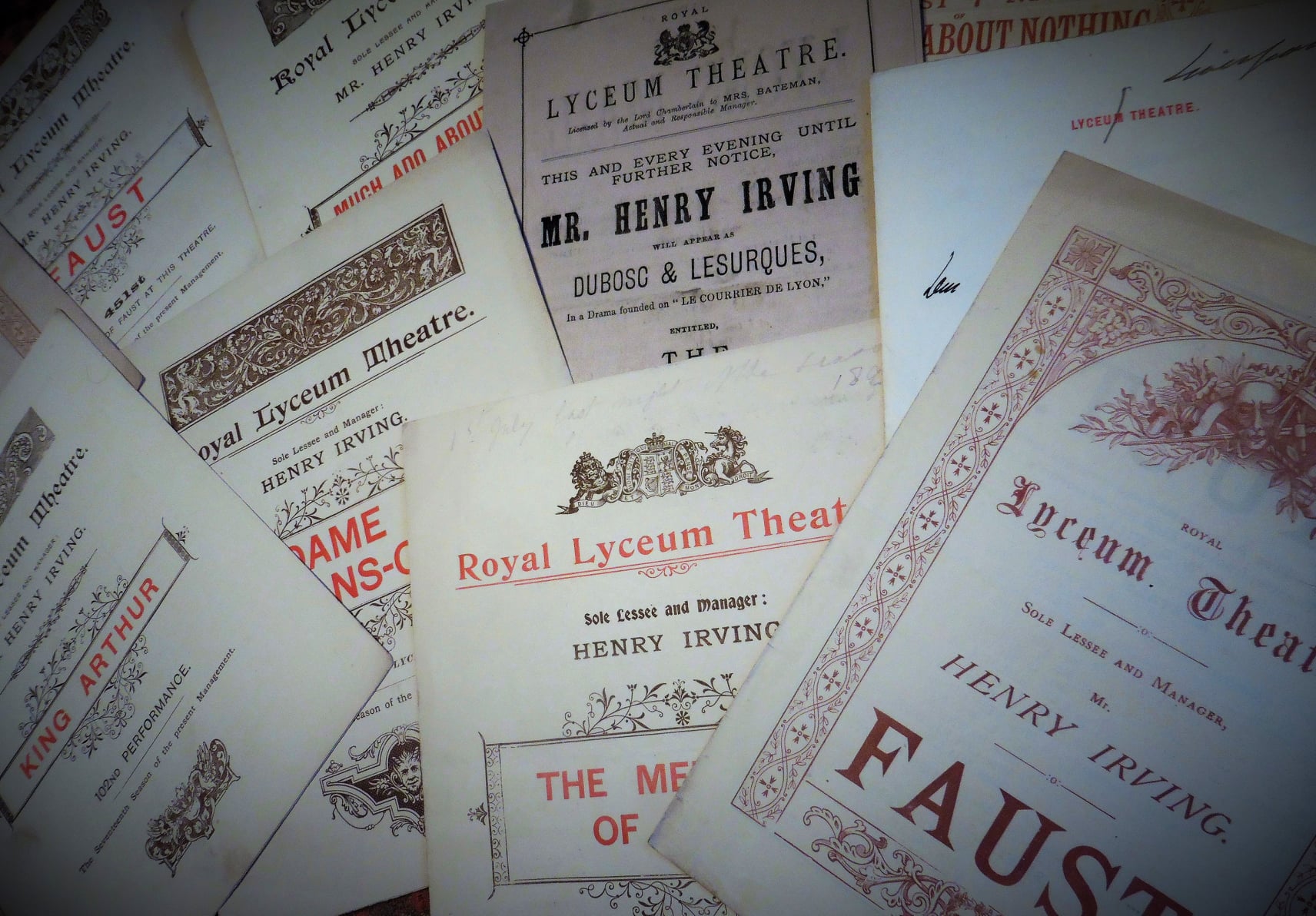Author Spotlight: Neil R Storey
Bram, Drac and Me
It must be almost fifty years ago that I first encountered anything associated with Bram Stoker. I also think I am far from unique in that claim because as a child of the 1970s we were regularly confronted by quite startling images on posters, on the covers of magazines and books, and even on bubble gum cards, of Christopher Lee in his various portrayals of Bram’s most infamous creation ‒ Count Dracula ‒ in the Hammer films. In fact, I cannot recall a time when I did not know the name or at the mention of it would fail to conjure quite a vivid image of Lee in the role of the Prince of Darkness complete with bloodshot staring eyes, a snarling grimace revealing his fangs, and a trickle of blood from the corner of his mouth.
The images alone were, to many of us youngsters, scary, and the Board of Films ‘X’ certificate awarded to the movies, meaning they could only be seen by those aged over 18, more than ensured I would not have been permitted entry to the cinema even if I had wanted to. When the films started to appear on television a few years later they were shown at ten or eleven at night so even if we were allowed to stay up and watch (weekends or school holidays only) or crept out of bed to sneak a peek through the banisters of the stairs, we never got much further than the opening titles before fear got the better of us and we fled back to safety under the bedclothes.
So, haunted by the vampire throughout my youth, I wanted to find out more about the man who created the undead Count. When I embarked on my quest there were only two biographies, both out of print, and very little else published about him. However, from early on it was quite apparent Bram was far more than the author of Dracula, and the more I read about him the more I warmed to him and wanted to discover more about him.
In his later school and university years at Trinity College, Dublin, Bram was a remarkable athlete and would later become a decorated hero for his gallantry. As Acting Manager for Sir Henry Irving at The Royal Lyceum Theatre in the heart of London’s West End Bram was one of the prime movers in the theatrical world in a golden age of British theatre. He was acquainted with royalty, artists, explorers, academics, and many leading political and influential figures of his day. He could also count many of the greatest actors and literati as friends and came to know some of them intimately.
Bram had a total of ten novels and two novellas published in his lifetime as well as countless articles on a variety of subjects printed in newspapers, magazines and journals (some of which are still being discovered). Bram took great pleasure weaving in-jokes and stories into his books that would be enjoyed by his friends. He would also use distinctive features, aspects of their personality and mannerisms of family, friends, and acquaintances for the characters he created. He will rightly be remembered as the creator of Dracula, one of the most extraordinary horror characters and stories of all time and his legacies are still very much in evidence. If there had been no Bram Stoker, there almost certainly would not be the vampire genre of literature, films, and television that we know today.
I hope readers will also see Bram through the reminiscences of those who knew him personally, as a man who, just like all of us, had his faults. A man who was, in his prime a big-framed, burly, red-haired Irishman who never lost the soft roll of the brogue of his native land. Described variously as ‘a force of nature’ and ‘always in a mortal hurry’ when absorbed in his labours. When dancing his movement at speed was described as being akin to a cavalry charge and woe betide anyone who got in his way. He was blessed with both wit and erudition as a speaker, he could also call upon his vast repertoire of funny stories and amusing anecdotes to entertain without resorting to vulgarity. He was an ebullient, genial, gentleman with the paw of Hercules and the smile of Machiavelli, but above all, he knew what it meant to be a loyal friend.
When Bram died in 1912 his obituaries spoke of his greatest literary legacy being his two-volume Personal Reminiscences of Henry Irving but time has told a different story. Many of the books of the great literati of Bram’s day are now out of print and long forgotten whereas Dracula has never been out of print for over 125 years. Long may it continue to thrill and chill many more generations to come. I just wish Bram could have seen its enduring success. Even though we did not have the pleasure of knowing him personally I think we would have loved his company and the stories he so masterfully told. There is every reason to raise a glass to the immortal memory of Bram Stoker.


Six Things You May Not Know About Bram Stoker and his Gothic masterpiece ‘Dracula.’
- Bram Stoker suffered from a mystery illness as a child which caused him to be unable to walk until he was seven years old.
- Bram Stoker never visited Transylvania. He created his vision of the place from travel guides, maps, books, and articles and by talking to those who had actually been there.
- There is no mention of the name Vlad Tepes aka Vlad the Impaler in the novel Dracula nor in any of Bram Stoker’s own notes for the novel.
- The first authorised foreign language edition of Dracula saw the novel translated into German and was published in 1908.
- Bram Stoker wrote one of the first published travelogues of late nineteenth-century America.
- Bram was fascinated by the power of the mind especially the possibility of one person being able to manipulate others using only their thoughts. He corresponded on the matter at some length with Sir Oliver Lodge.
All this and much more is covered in Bram Stoker: Author of Dracula
Shop Neil R Storey titles here.


